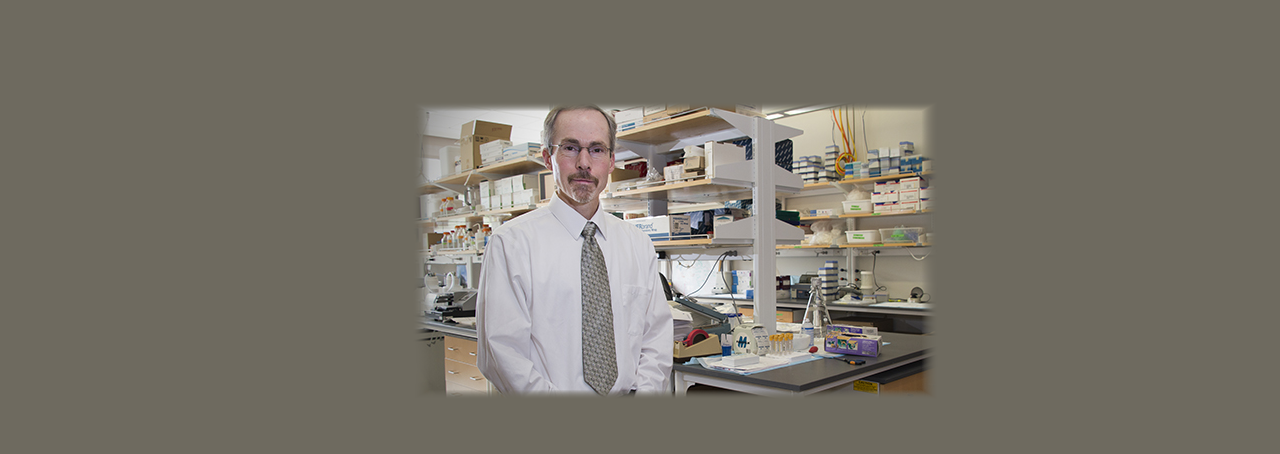Quadrant Biosciences awarded $2M NIH grant to support “game changing” test
Quadrant Biosciences Inc., a StartUp NY company headquartered in the Central New York Biotech Accelerator operated by Upstate Medical University, has been awarded a $2 million Phase II Small Business Technology Transfer (STTR) grant from the National Institutes of Health (NIH) to support the refinement and commercialization of a “game-changing” epigenetic test to help faster diagnosis of autism spectrum disorder (ASD).
This collaborative award follows the company’s successful Phase I findings and will support the ongoing work of investigators Frank Middleton, PhD. at SUNY Upstate Medical University, Steven Hicks, M.D., PhD. at Penn State Hershey Medical Center, and Alexander Rajan, Ph.D. at Quadrant Biosciences.
ASD is a medical condition that affects a person’s communication abilities and social skills, and often causes repetitive patterns of behavior and a narrow range of interests. Approximately 1 in 59 American children are currently diagnosed with ASD, a 10-fold increase in prevalence over the past 40 years. There is no medical test that can detect ASD. Diagnosis is made after health care professionals evaluate a child’s behavior.
Saliva contains microRNA, which might affect how a child’s brain works. Finding microRNA particles with altered levels in children with ASD may lead to an earlier diagnosis of the disorder and the delivery of more efficient services for these children. Evidence shows that the earlier children are identified with ASD, the sooner they are able to receive intervention services and therapies that can reduce the core symptoms of autism, improve IQ and daily functioning.
Independent NIH reviewers gave Quadrant’s ASD technology and grant proposal high praise, with one reviewer referring to the novel diagnostic approach as “game changing.” STTR grants are intended to facilitate the translation of promising technologies to the private sector and ultimately provide beneficial healthcare innovations to consumers. Dr. Middleton sees this objective manifested in the partnership between Quadrant Biosciences and the two universities.
"I am delighted by the strong endorsement of the research program that Steve Hicks and I established with Quadrant Biosciences three years ago to pursue development of the ASD diagnostic tool,” said Middleton. “Quadrant Biosciences has made a major investment and commitment to helping those with autism, and this transformative technology represents a significant step forward in that direction.”
Dr. Hicks, who is an Upstate alumnus, agreed and commented, “This grant will allow us to validate epigenetic technology with the power to dramatically advance autism assessment. I am honored to play a part in this groundbreaking work.” Hicks received his MD/PhD in neurosciences in 2012 and completed his residency in pediatrics at Upstate Golisano Children’s Hospital in 2015, when he and Middleton first began their work on the autism project.
Quadrant and the company’s collaborators recently completed an NIH-funded Phase I study that included more than 500 children aged 18 months to 6 years old and utilized RNA features to differentiate children with ASD from peers with typical development or developmental delay. The diagnostic accuracy of this technology exceeded 85%.
The promising results of the study encouraged Quadrant Biosciences to seek additional NIH funding to further develop and confirm the efficacy of this easily administered epigenetic test. The Phase II study expands enrollment to five different academic medical center locations around the United States, and involves recruitment of 750 additional children. As in the Phase I study, the study includes not only ASD and typically developing children, but also children with developmental delays that are often difficult for clinicians to distinguish from ASD.
comments powered by Disqus


